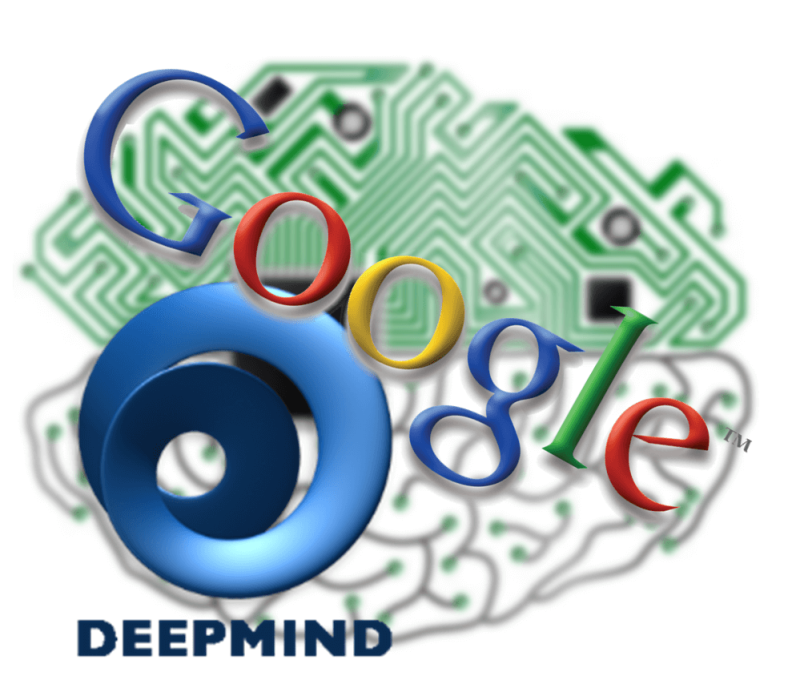DeepMind, the Google-owned artificial-intelligence company, has revealed how it created a single computer algorithm that can learn how to play 49 different arcade games, including the 1970s classics Pong and Space Invaders. In more than half of those games, the computer became skilled enough to beat a professional human player.
The algorithm — which has generated a buzz since publication of a preliminary version in 2013 — is the first artificial-intelligence (AI) system that can learn a variety of tasks from scratch given only the same, minimal starting information. “The fact that you have one system that can learn several games, without any tweaking from game to game, is surprising and pretty impressive,” says Nathan Sprague, a machine-learning scientist at James Madison University in Harrisonburg, Virginia.
DeepMind, which is based in London, says that the brain-inspired system could also provide insights into human intelligence. “Neuroscientists are studying intelligence and decision-making, and here’s a very clean test bed for those ideas,” says Demis Hassabis, co-founder of DeepMind.
DeepMind’s versatility comes from joining two types of machine learning— an achievement that Sutton calls “a big deal”. The first, called deep learning, uses a brain-inspired architecture in which connections between layers of simulated neurons are strengthened on the basis of experience. Deep-learning systems can then draw complex information from reams of unstructured data.
The second is reinforcement learning, a decision-making system inspired by the neurotransmitter dopamine reward system in the animal brain. Using only the screen’s pixels and game score as input, the algorithm learnedby trial and error which actions — such as go left, go right or fire — to take at any given time to bring the greatest rewards. After spending several hourson each game, it mastered a range of arcade classics, including carracing, boxing and Space Invaders.
Read full, original article: Game-playing software holds lessons for neuroscience































